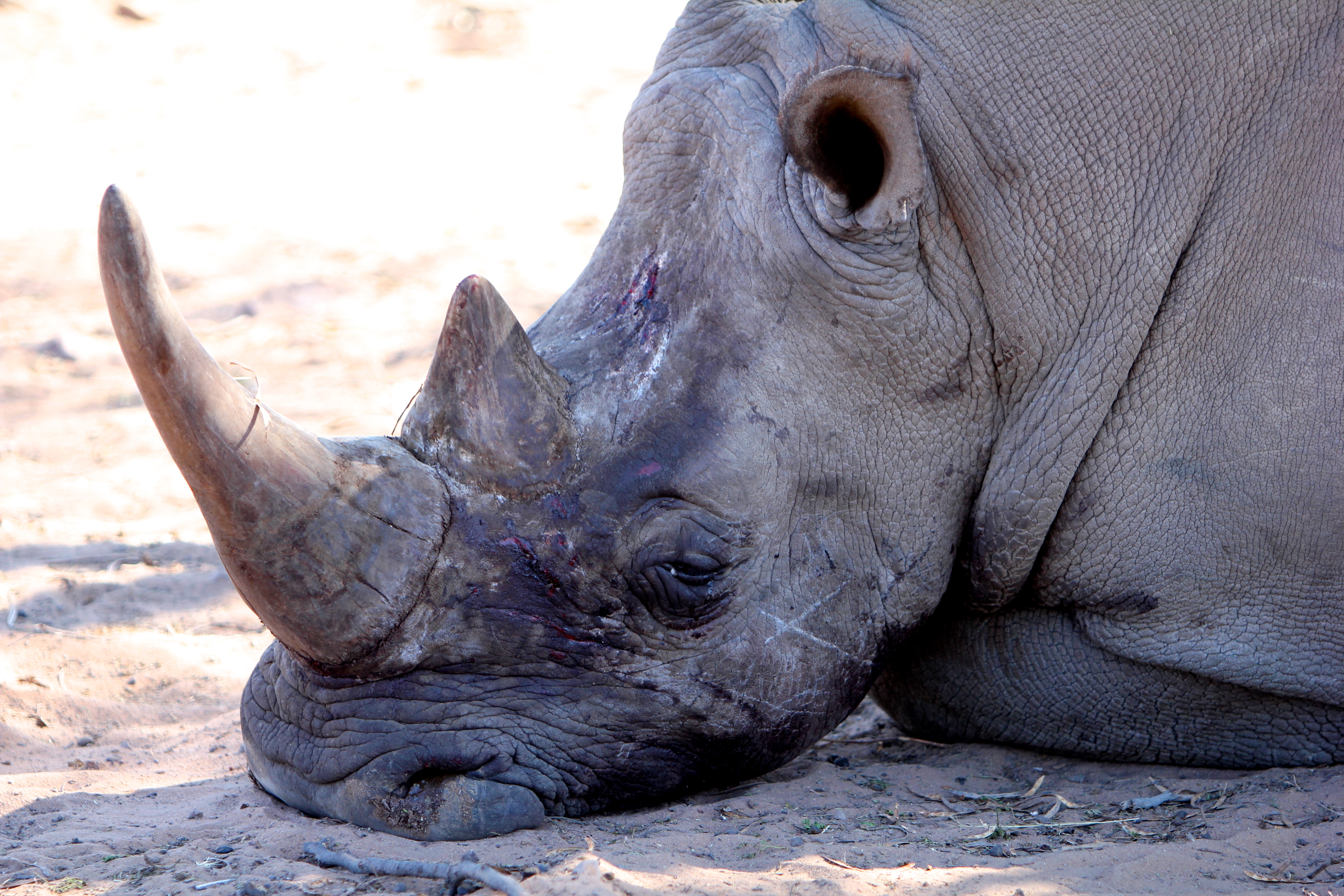Extinction: Why Should We Care?
Our world is made up of carefully balanced ecosystems, where different components rely on each other. With increasing human interference over the past decades, these natural cycles have been disrupted and destroyed. As wildlife starts disappearing from ecosystems, the whole system is thrown out of balance. This cycle can essentially be described as the trophic pyramid, which refers to “the basic structure of interaction in all biological communities characterized by the manner in which food energy is passed from one trophic level to the next along the food chain.” Generally speaking, the first level starting from the bottom consists of ‘the producers’ or green plants. Those are consumed by herbivores, which find themselves on the second level of the pyramid. The third level consists of primary carnivores, which eat the herbivores. Secondary carnivores eat the primary carnivores thus completing the pyramid
When a lion makes a kill, it will eat until it is full. The remaining carcass will be devoured by the likes of hyena, jackal and vultures. Small invertebrates will then strip away anything that has been left over and decomposition will have its way until nothing but the toughest parts of the skeleton are left behind. This completes the nutrient cycle and everything eventually returns to the soil that gave it life. The introduction of humans to these ecosystems has posed a severe threat. Habitat loss and degradation, climate change, pollution and over-exploitation were listed in the UN’s 3rd Global Biodiversity Outlook as main causes of ecosystem destruction. It is stated that; “Species which have been assessed for extinction risk are on average moving closer to extinction.” This increased risk of extinction can be directly linked back to human activity.
Animals adapt to their environment; we adapt the environment to us. Humans have proven that our species is more advanced and therefore dominant. Often this means fencing in areas at the cost of the wildlife and there are few opposing factors. A recent UN report revealed that; “The loss of biodiversity is an issue of profound concern for its own sake”. Continued biodiversity loss therefore has major implications for current and future human well-being. The provision of food, fiber, medicines and fresh water, pollination of crops, filtration of pollutants, and protection from natural disasters are among those ecosystem services potentially threatened by declines and changes in biodiversity.
As animal populations dwindle, the fight against poaching becomes more crucial. If death tolls continue at current rates rhinos could be extinct by 2025 with death rates surpassing birth rates by 2016 to 2018. Poaching rates have been continuously increasing as poachers seek to make profits at the cost of our wildlife. Rhinos have been especially affected with one rhino being killed every eight hours for its horn.
With such high reward, the priority to protect wildlife has quickly diminished. Poachers do not consider the consequences that their actions have on these species. Financial gain is their only motivation and if the demand for the ‘goods’ continues to persist, the poachers will not stop. While rhino horn is often used as a symbol of status, many also believe that the keratin horn possesses medical benefits, while this has not been scientifically proven.
“Diversification in use of rhino horn and broadening of acceptance represents a concerning trend.”
A reduction in the demand is key to breaking the supply chain. Apart from the imposing threat that extinction is presenting to us as humans, it is more important to consider that it should not be our choice which animals deserve to live and which ones do not. Most importantly, it is crucial to keep animals in our ecosystem simply because they deserve to have that chance. Who are we to decide that an animal should go extinct?
In Grant and Gillie Hine’s Nature Guide Learner Manual the discussion of the superiority of humans over animals is discussed to explain that the equal treatment of animals is crucial; “As a species we are unique in our ability to manipulate the environment not only for our benefit but also to our detriment. The better we understand our relationship with nature, the better we will be able to anticipate the consequences of our actions and to make informed choices on which human actions are most desirable for the long-term health of human societies and natural ecosystems.” This stresses the importance of our treatment of animals in correlation to the health of our planet. Ultimately, we are responsible for our actions.
A wise ranger once told me that; “we’ve become victims of our own system,” and as long as our world is governed by big money and politics, things won’t change in the foreseeable future. If we can change people’s mindset and make them realize that money is not the sole purpose in life and greed should not govern our decisions, we do have a chance of turning this crisis around.
-Isabel Baer

I couldn’t agree more Isabel – what a superb experience for you to be part of Youth 4 African Wildlife! I really envy you. Enjoy lol